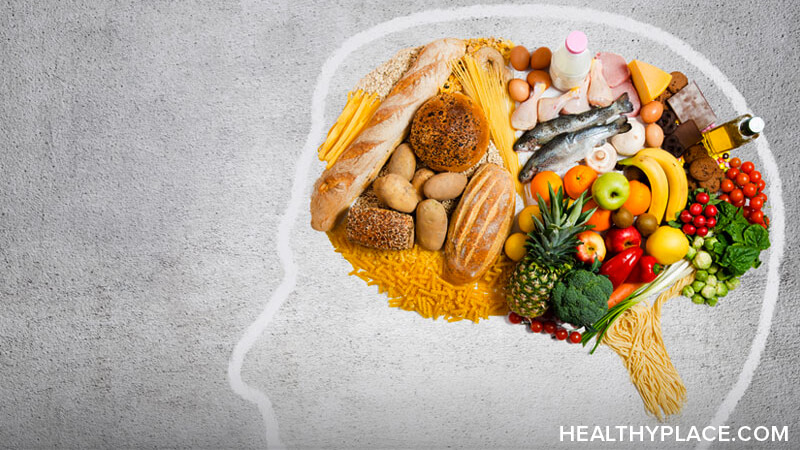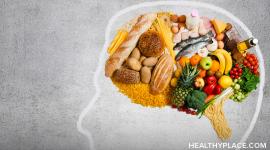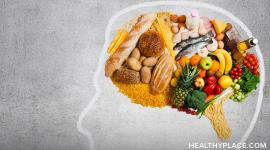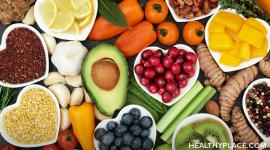Foods for Mental Health: What Effect Do They Have?

Did you know that foods can affect your mental health? Foods for mental health is a topic that’s become more prevalent and discussed in the past decade or so, and research is consistently finding a relationship between different foods and mental health (see Nutrition and Mental Health) and how food and mood are interrelated.
In fact, if you’ve experienced mental health issues, you’ve probably received the advice to improve your diet. It might sound like throwaway advice from people who don’t understand mental health, but the food you eat can make a difference to your mental health.
Foods and Mental Health: Diets High in Junk Food Aren’t Good
Studies have been done for both adults and children about how the food they eat affects their mental health, including mood and overall wellbeing. The results of those studies strongly suggest that when a person has a poorer diet, there is a higher risk for poor moods and even mental illnesses such as depression and anxiety.
Researchers think this link exists between food and mental health because of the nutrients — including protein, fat, vitamins, and carbohydrates — that are available in food and the role those nutrients play in brain development and brain function for people of all ages. Each does something different, and some have the capacity to positively affect mental health.
One meta-analysis, meaning a study that reviews various other studies to come to a conclusion, found research consistently highlighted that poor diets are made up of foods deficient in nutrients. Those nutrient deficiencies have been, in other studies, linked to poor mental health as well as mental illnesses such as depression and anxiety.
Fast food and junk food in particular were examined in these studies, and those who ate more junk food experienced worse mental health overall. When people improve their diets, better mental health seems to follow.
What Foods Are Good for Mental Health?
When it comes to the best foods for mental health, improving your diet to improve mental health may not be as simple as eating more vegetables or adding supplements to your daily routine. An important aspect to consider is what different foods have to offer nutritionally and balancing out the intake of them. Many studies also suggest that biology may also play a role as females have had more success with switching their diets and seeing better mental health as a result.
Therefore, choosing which foods are best for mental health may require further research, but crossing off foods that are high in bad fats and sugar, or at least reducing the intake of them, is a place to start. Looking for foods that are high in certain kinds of nutrients, such as B vitamins, are thought to have an effect on the brain’s and body’s production of various biological chemicals linked to mood and mental health.
A doctor or nutritionist can also help you determine the value of different foods, which nutrients you might have deficiencies in, and which foods would be best for your mental health.
APA Reference
Barton, L.
(2021, December 31). Foods for Mental Health: What Effect Do They Have?, HealthyPlace. Retrieved
on 2025, December 1 from https://www.healthyplace.com/self-help/food-mental-health/foods-mental-health-what-affect-do-they-have



